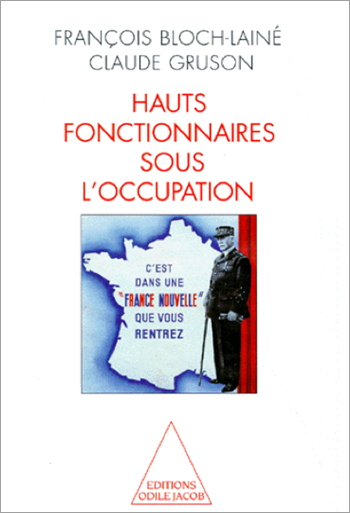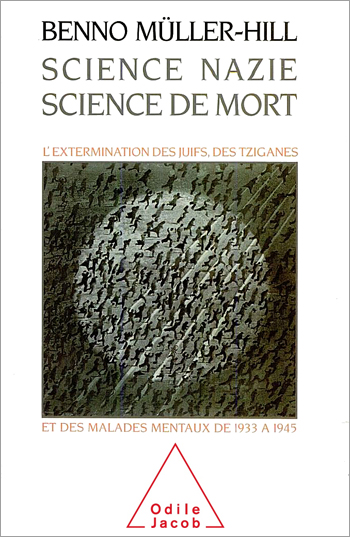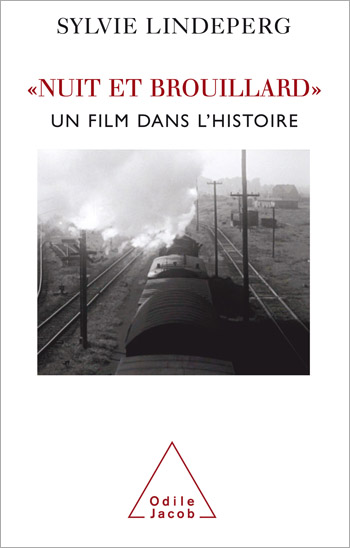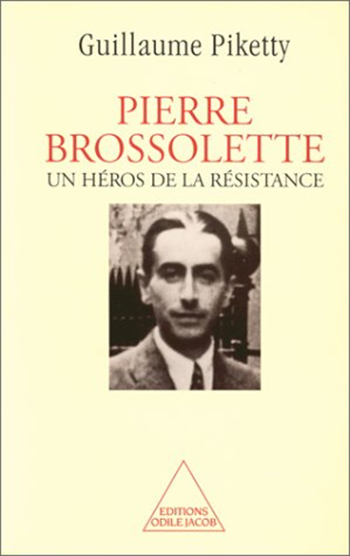World Wars All books
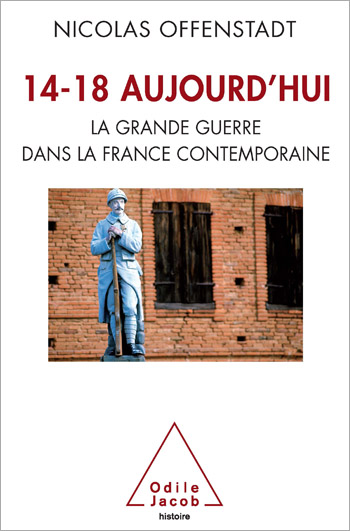
Nicolas Offenstadt
1914-18 Today The Great War in Contemporary France
A complete history of the “memory” of the Great War in the contemporary mind
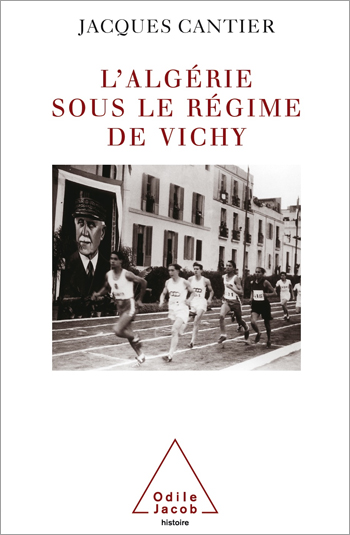
Jacques Cantier
Algeria Under the Vichy Regime
On 25 June 1940, both the Franco-German and Franco-Italian Armistice came into effect. In Algeria, appeals to carry on the struggle in Frances colonial empire no longer served any purpose. The Vichy regime, which came into existence following the parliamentary vote of 10 July 1940, was thus able to extend its rule over Algeria. Claiming to be at the head of a National Revolution which would create a new Man and fight against the forces of Anti-France, the Vichy government was able to flourish until the Anglo-American landings in North Africa in 1942. The author has given us a thorough review of this little-known period. This is not just a historical parenthesis as the study of the consequences of the National Revolution in Frances colonies casts a new light on the discussion about the nature and actions of the Vichy regime. It also illuminates a frequently concealed stage in the development of colonial society, which had had to confront a growing number of internal difficulties since the 1930s. Jacques Cantier is a lecturer at the University of Toulouse-Le-Mirail.
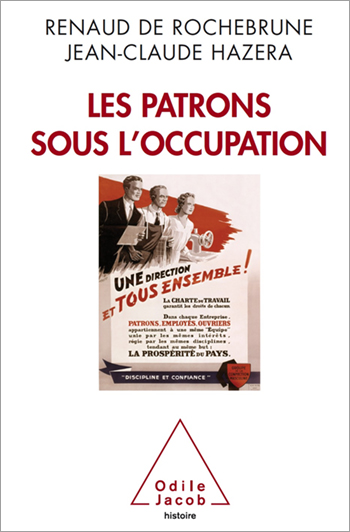
Renaud de Rochebrune, Jean-Claude Hazera
Business Leaders During the Occupation
How were Jewish companies altered to become Aryan ones and what was the role of French administration? Who did illegal profits and how?A fascinating document written by two journalists.
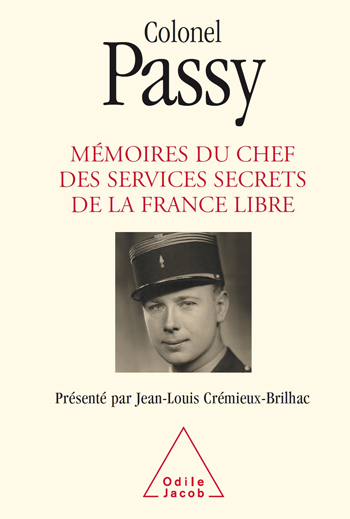
Colonel Passy
Colonel Passy Memoirs of the Chief of the Secret Services of a Liberated France
These two volumes constitute a new edition of Colonel Passys memoirs, which were first published by Plon in a three-volune limited edition (Deuxième Bureau-Londres; 10 Duke Street-Londres; Missions Secrètes en France). The new edition has been presented and annotated by historian Jean-Louis Crémieux-Brilhac, a specialist in the period. André Dewawrin, alias Colonel Passy, headed the Bureau de Contre-espionnage, de Renseignement et dAction (BCRA) of the Free French in London, from 1940 to 1944. He became General Koenigs chief of staff, in 1944. A former student at the prestigious Ecole Polytechnique, he headed the department of research and study for the French Ministry of Defence after the war.
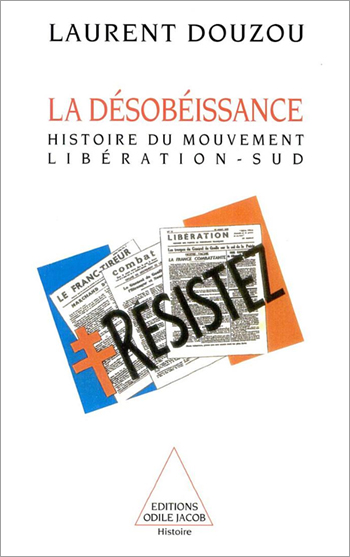
Laurent Douzou
Disobedience History of the Liberation Movement
Not everybody in the world become a Pétainist after the debacle and not all the resistance movements were infiltrated by communists working for the benefit of Moscow. Drawing upon numerous archives, Laurent Dazou explains why several men and women as diverse as a freewheeling navy officer, a normalien philosopher obsessed with maths, a young militant communist from the Latin Quarter and a founding banker from an anti-Semetic league, refused to crack under pressure, joining the ranks of disenchantment, and learning to resist by organizing themselves to fight and to blaze the trail of disobedience. Laurent Douzou is a specialist in the history of the Resistance.
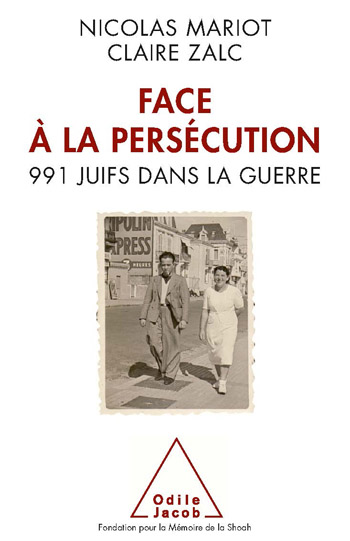
Nicolas Mariot, Claire Zalc
Faced with persecution The Destruction of the Jews of Lens, 1940-1945
The history of the Holocaust in France, seen from an entirely new angle. This book does not simply describe the numerous possible attitudes: it aims to explain them.
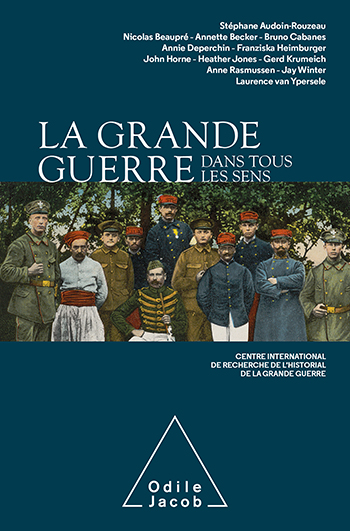
Centre International de Recherche de l’Historial de la Grande Guerre
The Great War in Every Direction
Topics on a human scale, which reveal the face of the war as presented to those who fought and those who lived through it.
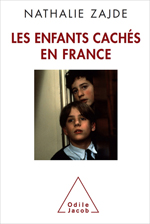
Nathalie Zajde
The Hidden Children In France
How did the Jewish children who hid and survived the Holocaust succeed in developing their unique strength and their love of life?
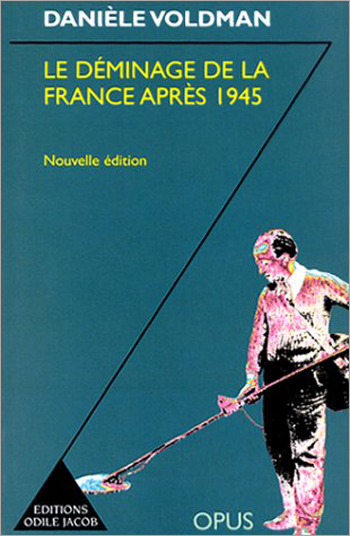
Danièle Voldman
The Mine Clearance of France after 1945
At the liberation of France, the country was covered in mines, planted by the Germans, the Allies and the Resistance during the conflict. The population were fearful of resuming normal life in the face of this danger: France had to remove the mines. Thus in 1945, mine clearance was invented, as before then no-one had any idea how to defuse these weapons of death! Who would be given the heavy responsibility of leading this task ? What did it involve ? What role did the German prisonners of war play ? Danièle Voldman, a historian, is the research director of the CNRS (Institute of Contemporary History).


